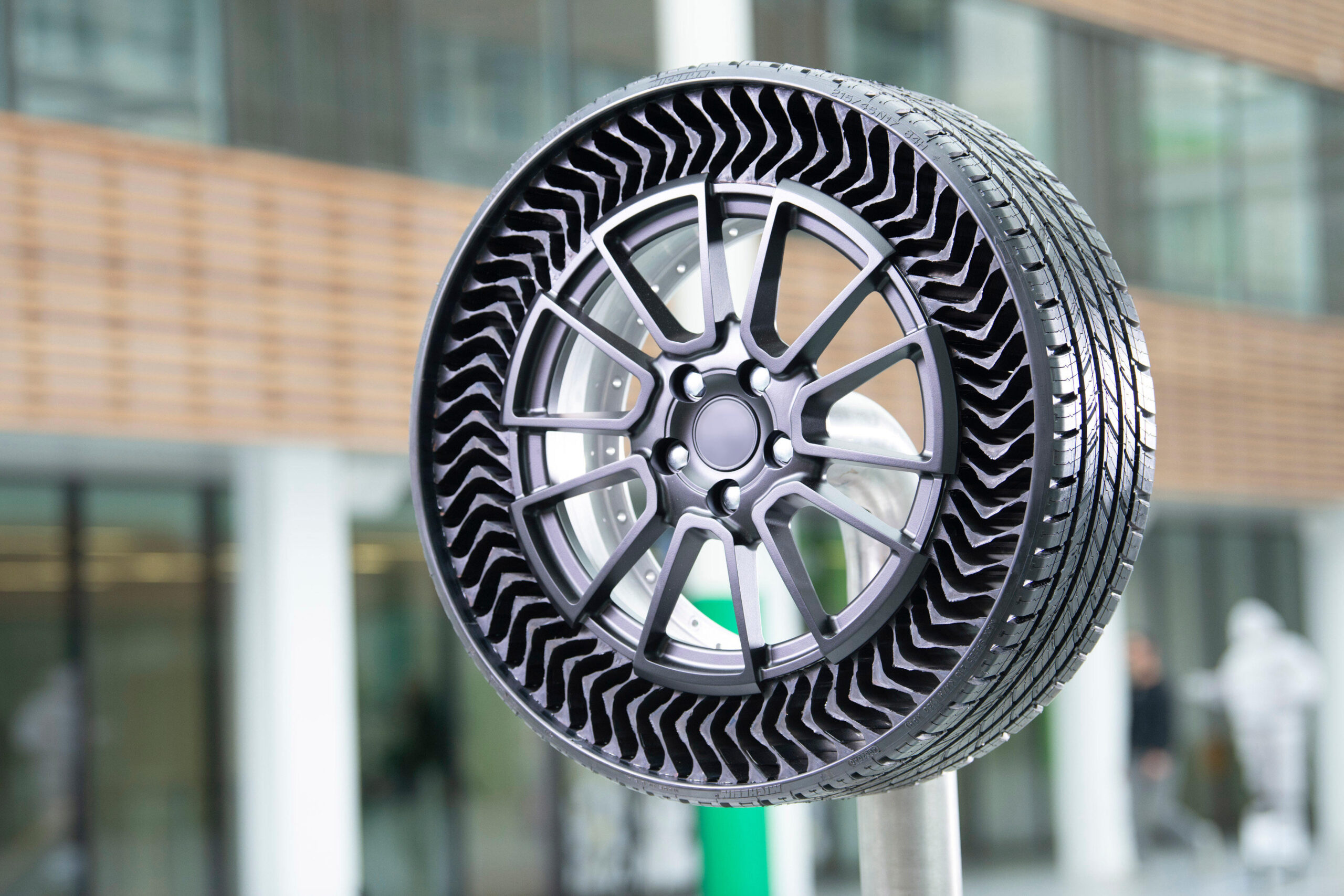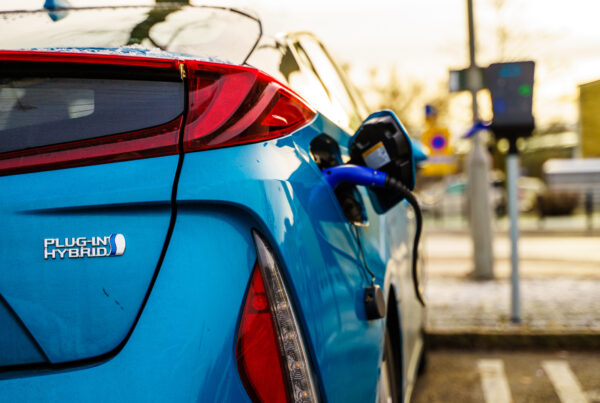A new generation of tyre designs, materials and styles have been developed in recent years which are expected to become part of the market in coming years.
As climate change and eco-conscious buying increases, the automotive industry is forced to adapt and develop technology that reflects todays thinking.
The current production process to create tyres is detrimental to the environment causing massive deforestation and consumption of fossil fuel. However, they are a necessity for people and industries across the world.
“The tyre industry is facing paradigm shifts and needs to adapt its product,” according to Cyrille Roget the technical and scientific communication director at the Michelin Group in an interview discussing tyre technology.
In an effort to reduce the negative environmental impact that tyres create, an alternative has been discovered using the roots of the Russian dandelion. Dandelions are hardy plants that can grow in almost any condition or area in a very short amount of time. This makes them a viable option to use in the production of tyres unlike the Caoutchouc tree which is currently used for mainstream tyre production.
Another innovation is the airless tyre which uses an intricately designed structure to create a tyre that does not require air to keep its shape. The airless tyre’s unique design makes it longer lasting than conventional tyres and eliminates the dangers of blowouts and flats. As airless tyre designs are longer lasting due to reduced threat of damage, the overall waste tyres are reduced, leading to less landfill.
Airless tyres and replacing the conventional rubber used are just a few of the forward-thinking advancements in tyre technology with many more still in development.




















